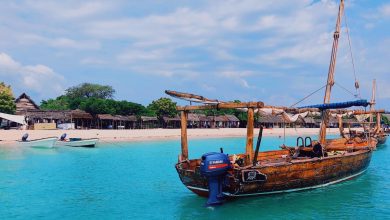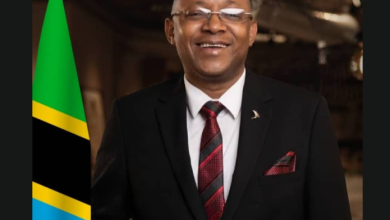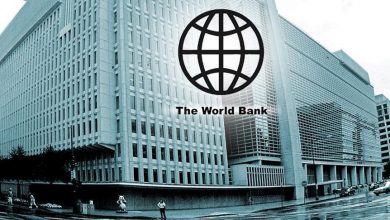Govt to sign pact with new DART operator

THE government will next month sign a contract with new operator of the Dar es Salaam Rapid Transit (DART) Agency next month.
Chairman of the Parliamentary Committee on Public Investment (PIC), Mr Jerry Silaa revealed that after going through the DART performance report, saying that the government has secured the new operator from the United Arab Emirates (UAE).
The lawmaker said currently the project is being operated on transition by UDA Rapid Transit (UDART), expressing optimism that the new operator will improve services by addressing the challenges facing the project.
On DART performance report, the committee members said that despite some challenges facing the business, UDART has been struggling to improve the services.
They commended UDART for improving revenue collections since the introduction of the electronic tickets.
Mr Silaa said the use of electronic tickets have increased revenue collection from 25bn/-in 2020/21 to 36bn/- in 2021/22.
In 2016, Dar es Salaam City launched the first phase of its BRT system. BRT, the first in the East Africa region, was timely as the city was grappling with increasing transport needs that the commuter buses were unable to meet.
The BRT is an essential mobility link in the city, which is now home to over six million people.
The first-phase BRT corridor has 21 kilometres of dedicated median bus lanes running from Kimara to Kivukoni along Morogoro Road, Sokoine Drive and Kivukoni Front, with branches from Fire to Gerezani along Msimbazi Street and Magomeni to Morocco along Kawawa Road.
This trunk system has one depot at Jangwani, five terminals, and twenty-seven median stations.
The system is regulated by the Dar es Salaam Rapid Transit Agency (DART), with bus services run by UDART that was established by bus operator Usafiri Dar es Salaam (UDA), incorporating both the public and the private sectors, as well as former commuter bus operators.
At the start of the BRT operations in 2016, the line 1 corridor with a bus fleet of 140 buses was extremely successful, cutting travel times by over 50 per cent and serving approximately 200,000 people a day.
However, over the years, the system has experienced challenges such as station and bus overcrowding, insufficient off-peak service, and irregular headways. Many of the service quality issues stemmed from an inadequate fleet size.
When the system opened, there was no tendering process for bus operations and services were offered on a net-cost basis under a monopoly, leading to lack of control over the quality of service.
The operator was also facing financial challenges due to high operational costs, exacerbated by damage to buses caused by floods at the Jangwani bus depot and the nearby roads, which at times were rendered impassable. By 2020, revenue collection had fallen significantly, prompting the government to take action.
In 2019, the government increased its stake in the ownership of UDART from 51 per cent to 85 per cent to mitigate against the financial challenges and also provided technical support.
UDART has expanded its bus fleet by putting into operation an additional fleet of 70 articulated buses, bringing the total fleet to 210 buses. The larger fleet is expected to increase coverage and reduce waiting times.
The government is now constructing a mini depot at Ubungo to supplement the one at Jangwani, which is prone to flooding.
With financing from the World Bank, plans are also underway to improve resilience in the Msimbazi river basin by improving drainage into the Indian Ocean.





